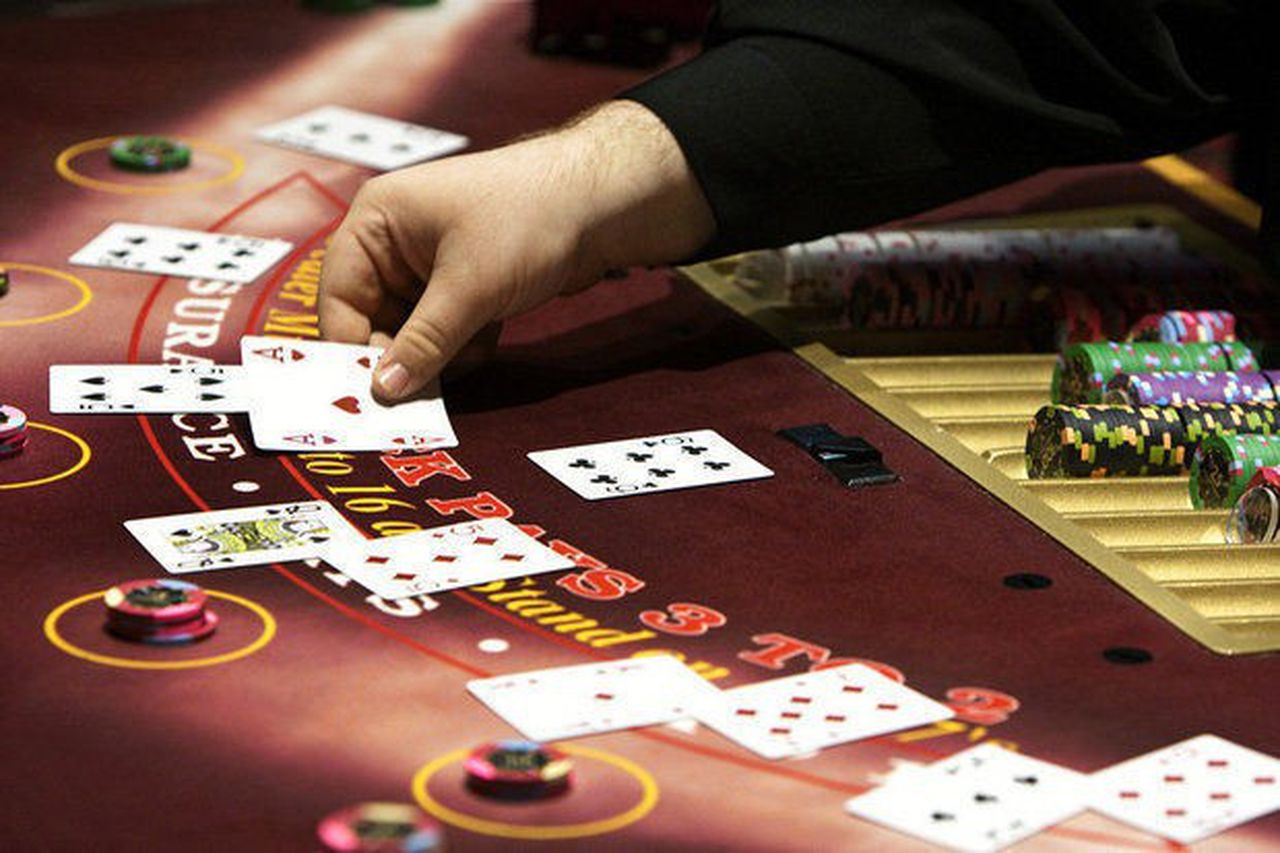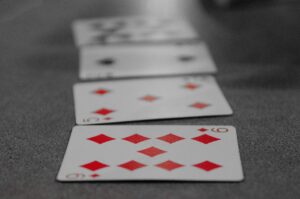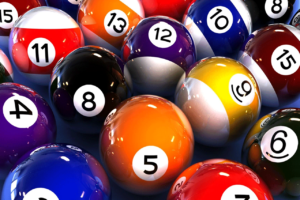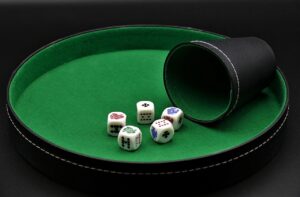Starting Hands That Lose Money

Most people consider the opening hand of 7-2 off-suit the worst hand in poker, and in terms of pre-flop probabilities, it is exactly that. However, most people are not foolish enough to play this hand and therefore it doesn’t cost novice players the same amount of money as other, more questionable, hands do. In this article we’ll talk a bit about the type of hands that every inexperienced player should be wary of, for these are the ones that really end up putting a significant dent in your bankroll.
This particular habit always baffles me. Often we see new players get excited when they have an Ace in their hand, even when it’s paired with a card which doesn’t really help, such as an off-suited lower card. You shouldn’t be too keen to play an Ace with merely the hope that the flop will show another one. So many novice players are reluctant to fold a hand with an Ace, regardless of the value of the kicker, but you should remember that this card is nearly useless on its own.
There are several other pocket cards which habitually cause problems with the inexperienced player. Small pairs must also be labeled as “danger cards”, even though they are often clearly a strong opening hand. But one thing to remember is that you shouldn’t hesitate to fold small pairs if the flop doesn’t further improve them, seeing that as in multi-player games the odds are always against you that someone hasn’t put together a stronger pair. If you are making a move on a pot with pocket 3s or 4s, you’re opponent does not need to get exceptionally lucky to make a stronger hand and send you reeling. Many amateur players continue to lose money with small pocket pairs because they simply refuse to believe that they aren’t as strong as they imagine them to be, particularly on their own.
Another commonly misplayed starting hand is unconnected suited cards. The look of two pocket cards under the same suit is often enough to fool a player into thinking that his hand is stronger than it really is. How often do you see someone play an ill-advised suited 2-Q in the hope of putting together that elusive flush? What hurts even more is to hear them say foolish things like “at least they were the same suit”. Well, it happens all the time. Money is typically won in poker with straights and sets, and the flashy killer hands don’t appear with the regularity that most amateurs think. For this reason, every experienced player understands exactly how many outs they have and this is where the ability to calculate pot odds comes in handy.
The final mistake that many amateurs make is believing that the value of the cards in question is the only thing to consider. A poorly played hand (even when it is particularly strong) is obviously another way to lose a lot of money. The final piece of advice is to think about why you lost a hand, especially when you fully expected to win it. This will prevent you from making the same mistakes over and over again.





